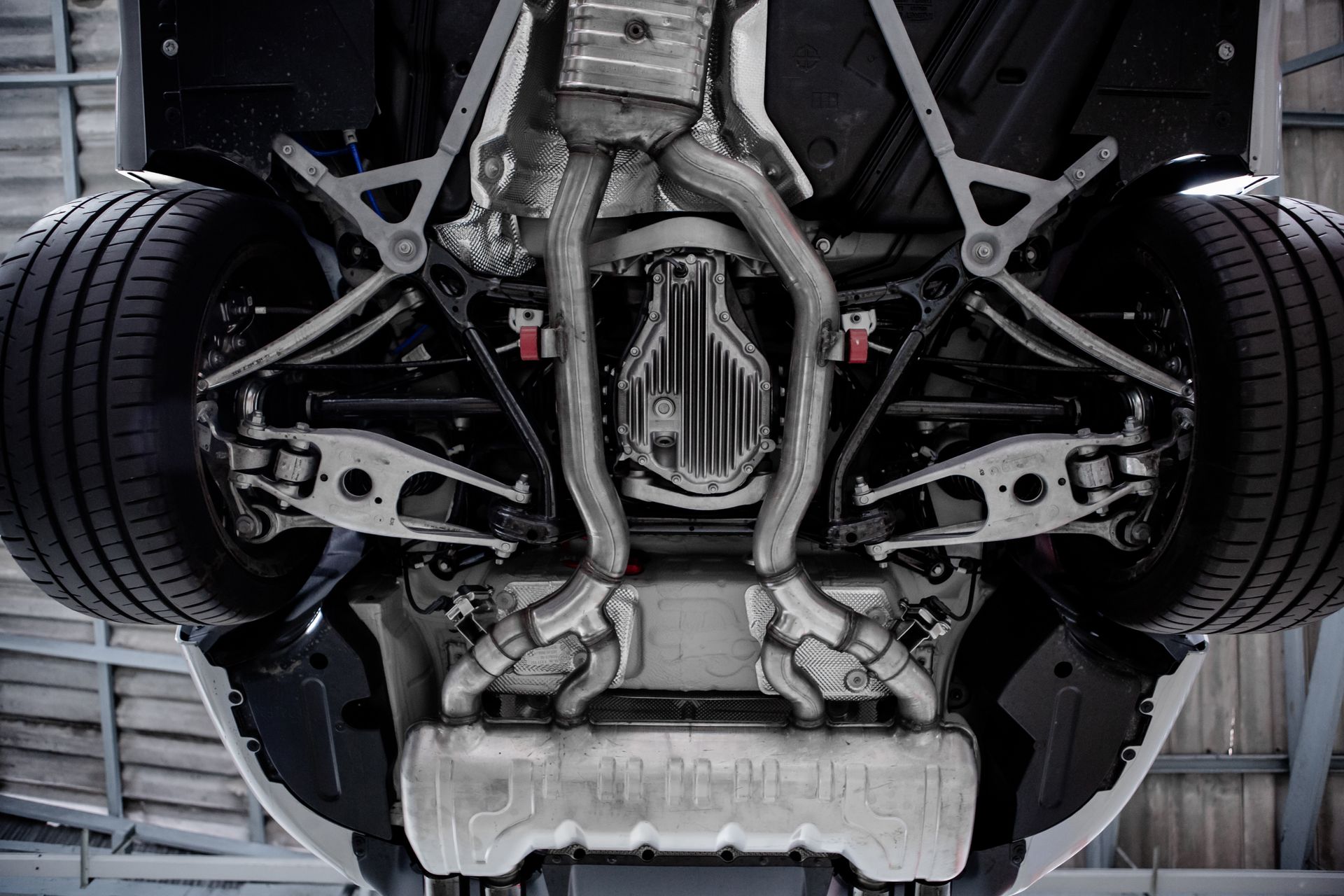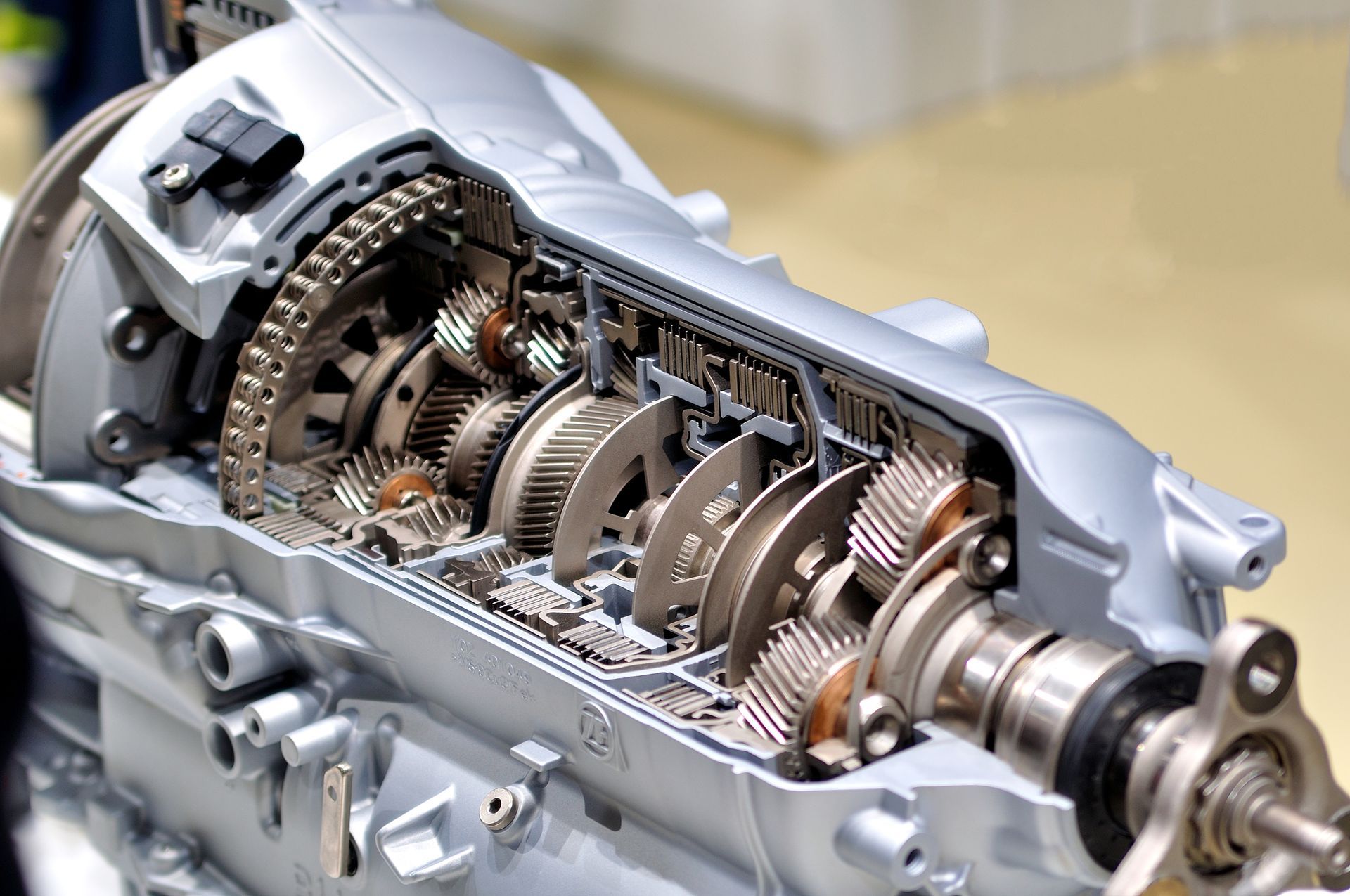Experience The Total
Automotive Difference.








© 2025 Mazur's Total Automotive. All Rights Reserved | Website managed by
Tekmetric
Follow us
Our Shop
Howell: (517) 548-1600
520 Victory Drive, Howell, MI 48843
Pinckney:
(810) 231-2322
5759 E. M36, Pinckney, MI 48169
South Lyon:
(248) 289-9661
22540 Pontiac Trail, South Lyon, MI, 48178
Services
List of Services
-
Air Conditioning ServiceAir Conditioning Service Air Conditioning Service
-
Power Steering RepairPower Steering Repair Power Steering Repair
-
Transmission ServiceTransmission Service Transmission Service
-
Tire Replacement & RepairTire Replacement & Repair Tire Replacement & Repair
-
Engine Repair and ReplacementEngine Repair and Replacement Engine Repair and Replacement
-
Brake RepairsBrake Repairs Brake Repairs
-
Cooling System ServiceCooling System Service Cooling System Service
-
Electrical Diagnosis and RepairElectrical Diagnosis and Repair Electrical Diagnosis and Repair
-
RV Repair - Howell Location OnlyRV Repair - Howell Location Only RV Repair - Howell Location Only
-
Check Engine LightCheck Engine Light Check Engine Light
-
Complete Vehicle MaintenanceComplete Vehicle Maintenance Complete Vehicle Maintenance
© 2025 Mazur's Total Automotive. All Rights Reserved | Website managed by
Tekmetric
Follow us
Our Shop
Howell: (517) 548-1600
520 Victory Drive, Howell, MI 48843 520 Victory Drive, Howell, MI 48843
Pinckney: (810) 231-2322
5759 E. M36, Pinckney, MI 48169 5759 E. M36, Pinckney, MI 48169
South Lyon:
(248) 289-9661
22540 Pontiac Trail, South Lyon, MI, 48178
22540 Pontiac Trail, South Lyon, MI, 48178







